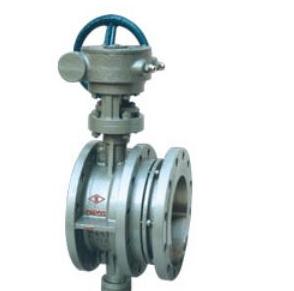With the continuous development of the modern industry towards automatic operation and long-distance automatic control, metering pumps are particularly advantageous in their ability to adapt to a wide range of media. 
In 2013, the global market share of metering pumps was around US$1.7 billion, an increase of about 3% from 2012. Due to the stable demand from multiple downstream industries, along with the global economic recovery and the corresponding increase in investment, according to the world-renowned consulting firm Frost & Sullivan estimated that by 2020 the global metering pump market will grow at a monthly growth rate of 4% to The overall market size is expected to reach around US$2.3 billion by 2020.
After the financial crisis in 2009, the demand for suppression of the financial crisis was released in 2010 and 2011, ushering in a temporary increase. However, the subsequent European debt crisis, along with such factors as economic contraction and trade imbalances, led to a slowdown in 2013 growth.
In terms of sales share, diaphragm metering pumps are over 60%, plunger metering pumps are around 30%, and hose metering pumps are less than 10%.
Market Driver Analysis First, Frost & Sullivan believes that growth from downstream industries has contributed to the growth of the metering pump market. With the increase in investment in urban water treatment facilities, metering pumps can be used to meter and supply chemical products. Therefore, the use of metering pumps is also expected to increase. The increase in population will increase the demand for clean water and proper sanitation facilities, which is one of the driving factors driving the input of urban water treatment facilities.
Second, regulations and regulations that focus on the environment will also promote market growth. Government legislation is committed to dealing with environmental issues and reducing energy consumption. In the water treatment industry, there are most end users of metering pumps, and there are many regulatory regulations in these industries, which is expected to promote the growth of the metering pump market.
Again, metering pump technology that strives to increase accuracy and reliability will also play a role in promoting the entire market. Metering pumps require a high level of accuracy and reliability because the exact chemicals in the process must be metered and incorporated into production or processing systems. The production of materials for metering pumps has a major influence on the service life of metering pumps. Various technologies dedicated to improving the reliability and accuracy of metering pumps will make metering pumps more end users.
Analysis of Market Constraints First of all, the globally depressed economic environment has a large negative impact on the metering pump market in the short term. At the same time, due to the political instability, some metering pump production plant projects in the Middle East and North Africa were also stranded.
Second, the metering pump market is facing competition from other pump technologies. Metering pumps are being replaced by other types of pumps. These new pump technologies are inherently more accurate than before, and they are also less expensive. This type of technology has begun to be used in terminals that do not require high accuracy. The technology similar to a hose pump can also be used in a highly demanding environment, and the market share of the metering pump will be directly eroded by it. Under the trend of focusing on the use of cost and efficiency, hose pumps have also received more and more attention. In the long term, this has a greater impact on the metering pump market.